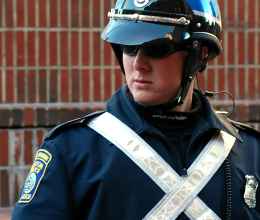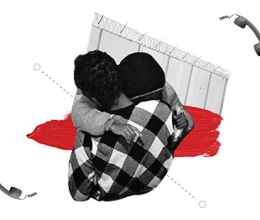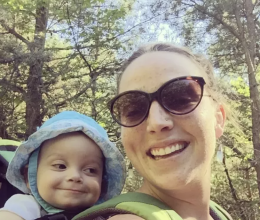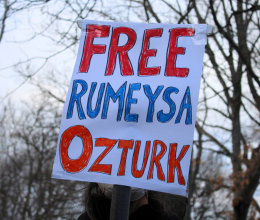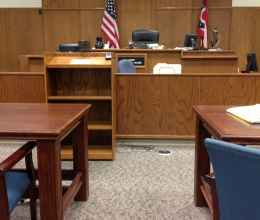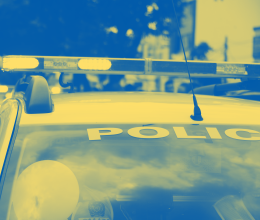
The ACLU of Massachusetts, together with a coalition of legal services and civil rights groups, has filed a lawsuit against the Boston Police Department (BPD) seeking information about the police department’s “gang database.”
Little is known about the BPD’s system of labeling, tracking, and sharing information about young people it alleges to be involved in gangs. Being labeled as a gang member can have catastrophic consequences for a young person’s life, including being targeted for surveillance and police stops, facing harsher outcomes in the criminal legal system, and – for noncitizen youth – being detained and deported by U.S. Immigration and Customs Enforcement (ICE).
According to the lawsuit, the public has a right to know basic information about how BPD uses the system, including information related to the demographics of the people in it; its accuracy and effectiveness at lowering violent crime rates; whether and how people designated as gang members can challenge their inclusion in the database; and ICE access to gang allegations made by Boston Police or Boston Public Schools employees.
The ACLU and 14 other groups originally filed a public records request under the Massachusetts public records law on May 21, 2018. Since then, BPD, the Boston Regional Intelligence Center, and the City of Boston have failed to provide an adequate response.
Media:
- Are there really 160 gangs in Boston? | Bay State Banner
- Gang database made up mostly of young black, Latino men | Associated Press
- Here's What We Know About Boston Police's Gang Database | WBUR
- Boston Police has a secret point system that turns normal teenage behavior into gang membership | ACLU
- Why the ACLU is suing the Boston Police over its gang database | Bay State Banner
- Lawsuit Probes Police Data Shared with ICE | BNN
- ACLU sues Boston police for access to gang database | WBUR
- BPD gives gang intel to ICE. A lawsuit wants to know how much | Boston Globe
- Boston police face lawsuit over listing hats and selfies as gang symbols | The Guardian
- Massachusetts groups demands information on Boston Police Department’s “gang” database | MuckRock
- As Boston Police Department faces suit over access to its gang database, here's how other cities handle that data | MassLive
- Lawsuit seeks information about police’s gang database | Associated Press
- ACLU of Massachusetts sues Boston police for access to its gang database | MassLive
- Lawsuit urges Boston police to reveal gang data | Boston Herald
- Lawsuit Seeks Information About Boston Police Department's Gang Database | NECN
- ACLU Files Lawsuit Against Boston Police For Access To Gang Data | Patch
- ACLU alleges misuse of Boston police data on gangs | Courthouse News Service
- What Is Boston's Gang Database? | ACLU of Massachusetts (VIDEO)
- ACLU demands records on Boston's "gang database" used in deportations | ACLU of Massachusetts
ATTORNEYS: Matthew Segal and Adriana Lafaille (ACLU of Massachusetts); Scott Lewis, David Lyons, and Austin Anderson (Anderson & Krieger, LLP); Claire Valentin (Children’s Law Center of Massachusetts); Nancy Kelly (Greater Boston Legal Services); Emily Leung and Brian O’Connor (Justice Center of Southeast Massachusetts); Shannon Al-Wakeel (Muslim Justice League); Jeffrey Petrucelly (National Lawyers Guild, Massachusetts Chapter); Elena Noureddine (PAIR Project)
